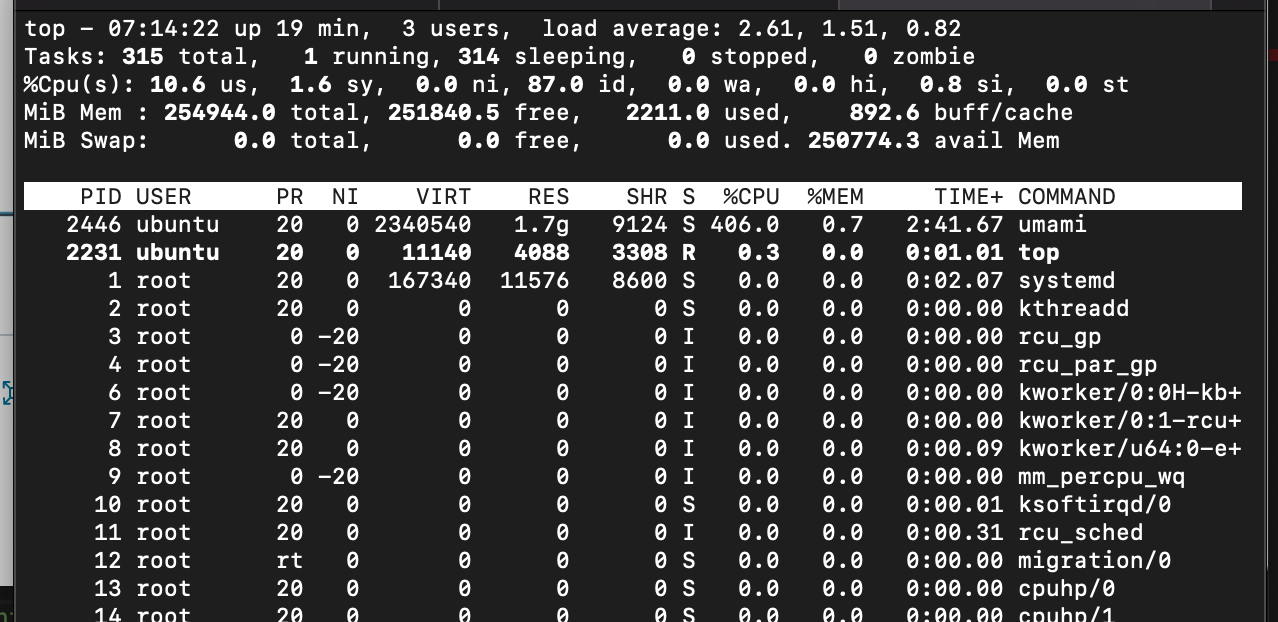

Massif runs programs about 20x slower than normal.Īs explained in the Valgrind documentation, you need to run the program through Valgrind: valgrind -tool=massif The graph is supplemented by a text or HTML file that includes more information for determining where the most memory is being allocated. It produces a graph showing heap usage over time, including information about which parts of the program are responsible for the most memory allocations. It performs detailed heap profiling by taking regular snapshots of a program's heap. The heap profiler tool of Valgrind is called 'massif': For example, Valgrind can give you insights about the amount of memory used, and, more importantly, about possible memory leaks in your program. If you really want to know what amount of memory your application actually uses, you need to run it within a profiler. This number is correct, but:ĭoes not reflect the actual amount of memory used by the application, only the amount of memory reserved for itĬan be misleading if pages are shared, for example by several threads or by using dynamically linked libraries With ps or similar tools you will only get the amount of memory pages allocated by that process.
#Cpu utime stime how to#
How to get total cpu usage in Linux (c++)Ĭalculating CPU usage of a process in Linux Top and ps not showing the same cpu result Next we get the total elapsed time in seconds since the process started: seconds = uptime - (starttime / Hertz)įinally we calculate the CPU usage percentage: cpu_usage = 100 * ((total_time / Hertz) / seconds) If we do, then we add those values to total_time: total_time = total_time + cutime + cstime We also have to decide whether we want to include the time from children processes. The sysconf(_SC_CLK_TCK) C function call may also be used to return the hertz value.įirst we determine the total time spent for the process: total_time = utime + stime.In most cases, getconf CLK_TCK can be used to return the number of clock ticks.Hertz (number of clock ticks per second) of your system.#22 starttime - Time when the process started, measured in clock ticks.
#Cpu utime stime code#
#17 cstime - Waited-for children's CPU time spent in kernel code (in clock ticks).#16 cutime - Waited-for children's CPU time spent in user code (in clock ticks).#15 stime - CPU time spent in kernel code, measured in clock ticks.#14 utime - CPU time spent in user code, measured in clock ticks.


Stime %lu Amount of time that this process has been scheduled in kernel mode.To calculate CPU usage for a specific process you'll need the following: utime %lu Amount of time that this process has been scheduled in user mode. It's determined by summing the utime and stime values that are described in the proc(5) man page. actually using CPU cycles, not sleeping, waiting to run, or waiting for I/O. (alias time).Ĭumulative CPU time is the amount of time the processor spent running the process, i.e. Time the process has been running cputime/realtimeĪnd TIME has two matches, but only one that matches the hh:mm:ss format: cputime TIME cumulative CPU time, "hh:mm:ss" format. For more details, we search for %cpu and find: %cpu %CPU cpu utilization of the process in "#.#" format.Ĭurrently, it is the CPU time used divided by the Integer value of the percent usage over the Press n to find the next match: c C processor utilization. C pcpu cpu utilizationīut that's under the OBSOLETE SORT KEYS header, so is not what we're looking for. If you run man ps then type / Space Shift+C Space Enter, you should see this line.


 0 kommentar(er)
0 kommentar(er)
